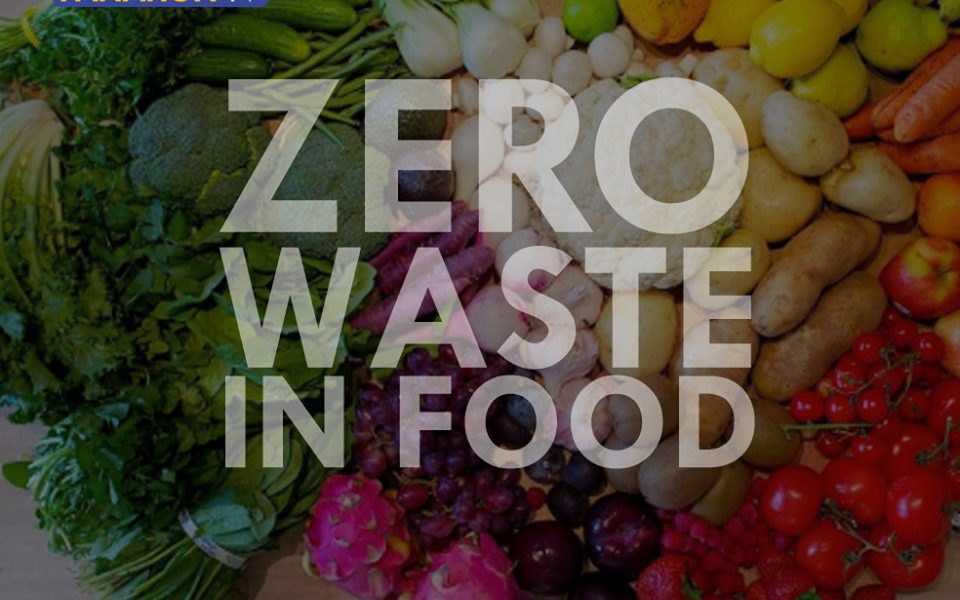Home > Blog > Zero waste
Zero Waste in Food

One third of the food produced in the world gets wasted every year–a situation mirrored in the Philippines, wherein each Filipino wastes approximately 3.2 kilograms of rice per year. Ironically, it is the same country that houses 2.3 million families experiencing involuntary hunger, according to Social Weather Stations.
Zero Food Waste Act
To address the problem in food wastage, Senate Bill no. 1242 was filed to establish food banks and other mission-driven organizations that distribute food to the food-insecure. Helping promote the Zero Food Waste campaign are the National Nutrition Council (NCC), Department of Environment and Natural Resources (DENR), Department of Social Welfare and Development (DSWD), Department of Education (DepEd), Department of Trade and Industry (DTI), and Department of Health (DOH).
While the DepEd is tasked to ensure that the education curriculum includes materials on the current global and national food waste crisis and ways to reduce food waste, the DTI shall encourage food-related businesses to purchase lower-priced produce for their products so these can be sold easily. These businesses will be required to submit reports on food waste, including its manner of disposal, including donation, composting or discarding. Part of their business practices will include partnering with food banks to redistribute edible food waste to the food-insecure.
Meanwhile, the DSWD shall provide guidelines and standards for the collection, storage and distribution of edible food donated to food banks. LGUs will be in charge of the segregation, management and recycling of inedible food waste.
Any one who deliberately makes food waste unfit for consumption, and prevents the redirection of edible food waste to food banks or inedible food waste to waste management and recycling enterprises shall be imposed a fine ranging from P1 million to P5 million.
For more information on food banks, watch this:

